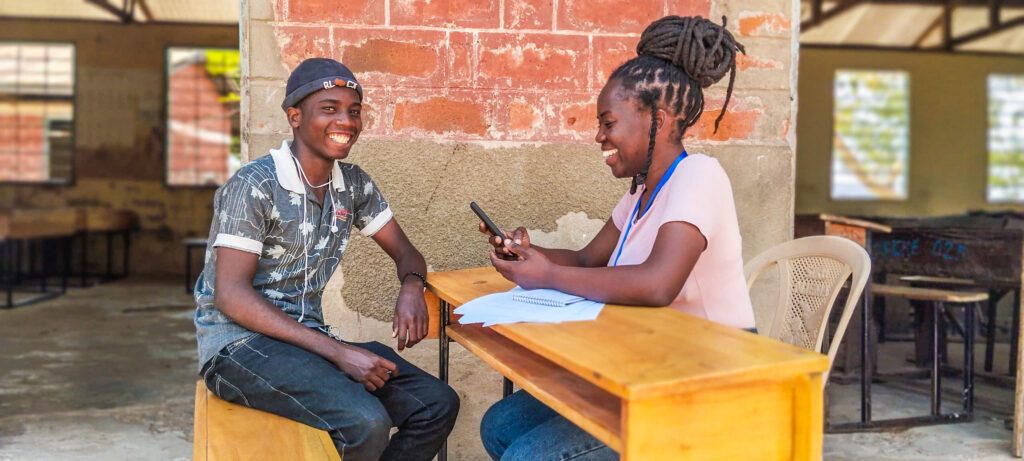Description of the programme/ objectives
In the year 2015, the Ministry of Education, Science, and Technology (MoEST) conducted an out-of-school profiling study and found that a total of 3.5 million children aged 7 to 17 (51% girls) were out of school, including more than 2 million children of lower secondary school age and 1.2 million children who never attended school. To respond to the learning needs of these children, who are being missed out on by the formal education system annually, the Integrated Programme for Out-of-School Adolescents (IPOSA) was developed by the MoEST through the Institute of Adult Education (IAE).
The programme, IPOSA, is part of UNDAP II Education Outcome and is aligned with the National Development Vision 2025, the ESDP 2017-2021 (now the ESDP 2021/2022 – 2025/2026), and SDG 4. The programme, generally, enhances equitable and inclusive access to quality basic education and life-long learning for out-of-school adolescents (aged 14-19), enabling these adolescents and youths to acquire knowledge, skills, and self-perspectives that would enable them to contribute fully to social and economic development. Specifically, the programme aims at developing literacy and numeracy skills (reading, writing, and counting) for those who have never attended school; developing life skills, e.g., personal empowerment, good citizenship, living together, and skills for employability; and developing vocational and entrepreneurial skills that would enable an adolescent to cope with life as well as the society around them through self-employment.
The Government of Tanzania received financial and technical support from UNICEF to initiate the programme. However, implementation has not commenced in all regions; priority was initially given to regions with a higher prevalence of out-of-school children, including Dar es Salaam, Dodoma, Iringa, Kigoma, Mbeya, Njombe, Songwe, and Tabora. Presently, the Korea International Cooperation Agency (KOICA) and the Government of Tanzania aim to expand the programme’s reach to an additional six regions (Manyara, Shinyanga, Simiyu, Singida, Pwani, and Tanga), targeting 30,000 adolescents and youths with a set of IPOSA interventions. Within each of these regions, the programme will be implemented across six regions and 30 local government authorities (LGAs). Each LGA have one IPOSA centre, except for Tanga CC, which will have two. In total, 31 centres will be established, including three model IPOSA centres to be under IAE.
To establish benchmark statistics necessary for setting baseline values/ data on the current status of indicators in the Project Design Matrix (PDM), GDC Consulting was seeking a consultancy firm to undertake a project baseline survey in the designated six regions.
Description of the services provided/ main activities
Collected relevant baseline data on pre-project conditions to establish a benchmark and a tool for monitoring and evaluation of all project indicators. This included conducting desk reviews of IPOSA documents, publications, and relevant scholarly literature. Additionally, primary data collection was conducted through conducting surveys, key informant interviews (KIIs), and focus group discussions (FGDs) to assess basic literacy levels and vocational training needs of out-of-school adolescents. The survey provided a comprehensive understanding of the target group’s educational and vocational skill development requirements, informing project implementation, as well as monitoring and evaluation.

